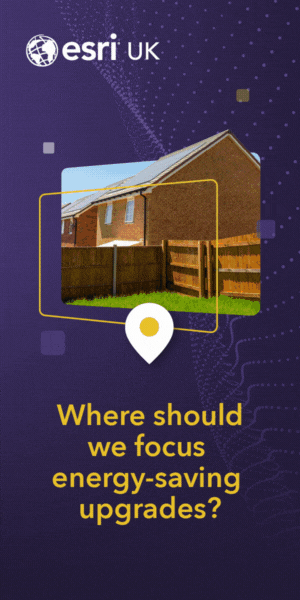Office for Standards in Education (Ofsted)
|
|
Ofsted publishes research review on religious education
Ofsted has published the second in a series of reviews into different subjects across the curriculum. This review looks at religious education (RE).
The latest review draws on our education inspection framework (EIF) and other religious education (RE) literature to identify what contributes to high-quality RE curriculum, assessment, pedagogy and systems in schools where we inspect RE.
Read the RE research review.
The review recognises that there is no single way of constructing and teaching a high-quality RE curriculum. However, it does identify some common features:
- The curriculum should cover substantive content and concepts collectively (or ‘collectively enough’), rather than covering excessive amounts of content superficially. Content is sufficient for pupils to grasp a bigger picture about the place of religion and non-religion in the world.
- What is taught and learned in RE is grounded in what is known about religion or non-religion from academic study. This helps prevent pupils from developing misconceptions about religion and non-religion.
- Pupils study certain areas of the RE curriculum in depth and acquire a range of detailed knowledge of different concepts and ideas, which they remember long term. Drawing on this prior knowledge enables them to consider more complex ideas about religion. Leaders and teachers select this ‘depth of study’ from contrasting religious and/or non-religious traditions so that pupils avoid developing misrepresentations.
- The curriculum is well sequenced to ensure that pupils learn the knowledge they need for later topics.
- There is a consideration of when pupils should relate the content to their own personal knowledge (for example, their own prior assumptions).
- How the curriculum is taught and assessed focuses pupils’ attention squarely on the knowledge they need to learn.
- Adequate curriculum time is given to RE, so that leaders can deliver an ambitious curriculum.
- There is sufficient training and professional development so that teachers have appropriate subject professional knowledge.
The review refers to 3 different types of subject-specific knowledge that pupils learn in RE. Each of these is powerful and should not be confused with ‘mere facts’. The first is ‘substantive’ knowledge about various religious and non-religious traditions. The second type is ‘ways of knowing’, where pupils learn ‘how to know’ about religion and non-religion. The third type is ‘personal knowledge’, where pupils build an awareness of their own presuppositions and values about what they study. The review suggests that improvement in RE at both primary and secondary level includes knowing more of these ‘pillars of progression’. This prepares pupils to engage in a complex, multi-religious and multi-secular world.
In the spring term of 2022, we will be publishing a report on the quality of RE curriculums taught in schools. We will gather the evidence for this through subject ‘deep dives’ during inspections under the EIF.
To find out more about Ofsted’s curriculum work, read the principles behind the research reviews and subject reports.
Original article link: https://www.gov.uk/government/news/ofsted-publishes-research-review-on-religious-education


